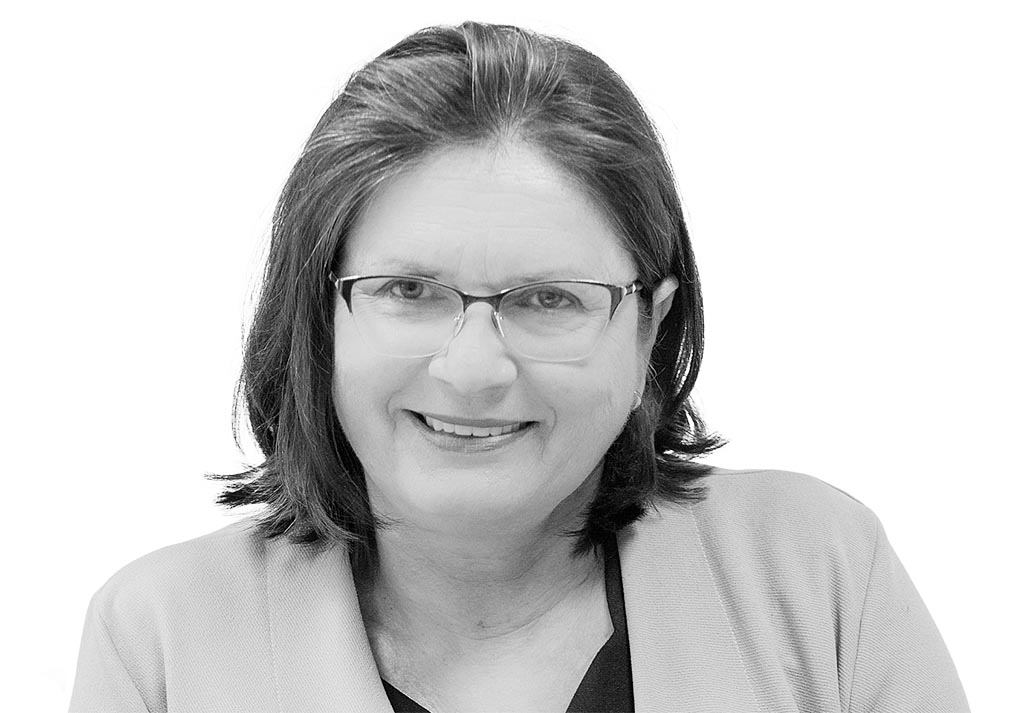By: dr. Andreja Valič Zver
“The advantage of monarchy is that it illuminates the present with the light of past times. It gives a place in history to countless individuals who did good and honourable work. Elizabeth II was unsurpassed in this role,” wrote a friend from Iceland, Professor Hannes Hólmsteinn Gissurarson on the death of the British Queen Elizabeth II. As an Oxford colleague of the famous economist Friedrich von Hayek, he added a story to the Queen’s awarding of Hayek in 1984. Hayek had no particular opinion of the Queen, but she turned out to be very kind and loving, and he grew to like her. After the reception at Buckingham Palace, a reception was held for Hayek at the London Institute of Economics. He later said it was “the happiest day of his life.”
Nobel laureate Hayek was just one of many people who experienced the British Queen up close as a warm and genuine person. She was characterised by adjectives: devoted to her duties, dignified, serious, responsible, brave, and witty. While performing the duties of a ruler, she was also a devoted wife, mother, grandmother, and great-grandmother. She headed the Anglican Church and repeatedly emphasised her deep faith. Despite the reduced influence of the monarchy, she was formally at the head of 15 countries, but in fact one of the most powerful global moral authorities.
If life had been smooth sailing – which we know it usually was not – Elizabeth would probably have married one of the English aristocrats and enjoyed riding, hunting, and a comfortable life in the countryside. But fate assigned her a much more difficult and thorn- and star-strewn path, which she accepted with full responsibility even in her young years. After the abdication of her uncle Edvard, and even more so after the death of her father George – the king by force of circumstances – the young Elizabeth swam resolutely into a world full of traps, intrigues, and deceptions. She and her husband Prince Philip deftly navigated between the Scylla and Charybdis of British, European and world politics. The political field is not the “topic” of the British monarch, but at the same time, his/her role still has some influence on the turning points in history. We can only remember the Second World War and the moments when the royal family tirelessly instilled courage in the British people during the German Blitzkrieg. As German bombers sowed death over London, the royal family remained in the devastated city, and the king, despite stuttering, mustered enough strength to urge his subjects to brave resistance by word and deed. Elizabeth continued his mission until the end of her long life. And even two days before her death, she said goodbye to then-Prime Minister Johnson at her Scottish estate Balmoral and, smiling but with visible bruises on her hands, handed over the mandate to the new Prime Minister Truss. By the way, during the entire period of her reign, she appointed as many as 15 British Prime Ministers.
We Slovenians had the honour of welcoming the British Queen at the end of 2008, when she and her husband visited our country. Among other things, history will remember the diplomatic slip-up, when the then president of the country pulled the queen by the elbow before the reception at the Brdo Castle, apparently guiding her on the right path. “Holcar’s move” aroused a lot of disgust and comments along the lines of “we found ourselves in the land of rogues”.
Let me mention the not insignificant fact that exactly 30 years ago, Elizabeth II addressed the European Parliament and warned the European political public that we must stick together, because we are, after all, a community. At the same time, she emphasised that this community must respect diversity. What an important message from a wise and experienced madame, if only some Eurocrats in Brussels would heed it!
The new king Charles III is stepping into big shoes. With his different agenda, will he also change the British monarchy, one of the oldest democracies in the world? As we know, from the 12th century onwards, the British limited the power of their kings and, despite the unwritten constitution, created a democratic system that the whole world emulates. Former Prince Charles, now King Charles III, has repeatedly emphasised that he would modernise the monarchy, reduce the royal family’s operating costs and keep only a few members of the “Firm” in the highest positions. He is certainly facing the biggest challenge of his life, which will not only be a challenge for him, but for the entire Commonwealth, Europe, and the world. The historical breakthrough we are witnessing is another in a series of those that can throw the world off its course or put it back on a safer track.
